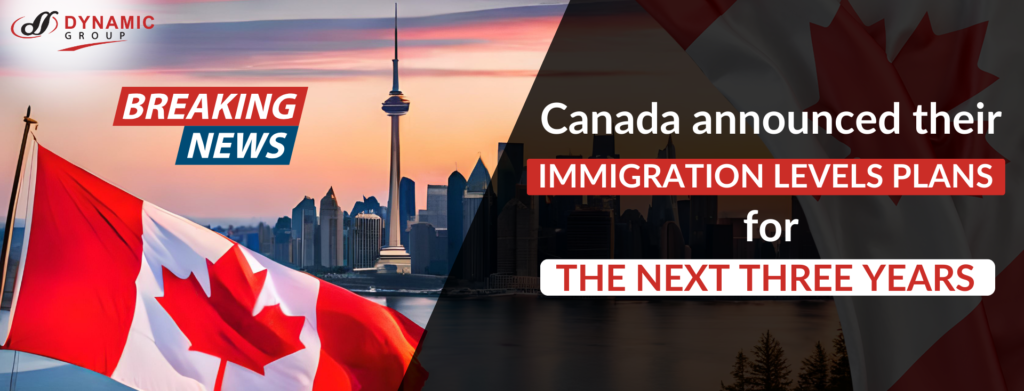The Canadian government, under the leadership of Justin Trudeau, has chosen to maintain high levels of immigration despite growing concerns about unaffordability and declining public support. In a recent announcement, Immigration Minister Marc Miller confirmed that the government intends to welcome around 500,000 new permanent residents each year.
This decision has faced criticism from some quarters, with calls for a reduction in immigration targets. However, Minister Miller, in a press conference, stood firm on the current approach, emphasizing its importance for successful integration and ensuring sustainable population growth.
Amidst the pressure on the government to reconsider its stance, an institutional survey revealed that 51% of Canadians support the current immigration policies and upcoming numbers of immigrants. Minister Miller highlighted that maintaining these levels is crucial for addressing labor shortages, particularly in the construction industry, and for meeting the housing and healthcare needs of newcomers.
One of the key arguments in favour of sustaining high immigration levels is its contribution to the economy. Canada has long benefited from the skills and talents of immigrants, and the government believes that continuing this trend is vital for economic growth. By attracting individuals with diverse skill sets, the country aims to remain competitive globally.
Moreover, Minister Miller pointed out that stable immigration levels allow the government to respond to specific challenges, such as labor shortages in certain industries. The construction sector, in particular, has been facing difficulties in finding an adequate workforce. By welcoming a substantial number of immigrants, Canada seeks to fill these gaps and ensure the continued development of its infrastructure.
In addition to economic considerations, the government sees immigration as a means of addressing demographic challenges. With an aging population and a declining birth rate, Canada needs an injection of young, skilled individuals to contribute to the workforce and support social programs. Minister Miller highlighted the importance of immigration in maintaining a balanced demographic profile and ensuring the sustainability of public services.
While concerns about excessive immigration persist among some Canadians, the government remains committed to effective communication and education on the benefits of a diverse and inclusive society. Initiatives to promote cultural integration and emphasize the positive impact of immigration are part of the strategy to build public support for the current immigration approach.
In conclusion, the decision to uphold high levels of immigration in Canada reflects a commitment to economic growth, addressing labor shortages, and ensuring demographic sustainability. Despite challenges and calls for a reduction in immigration targets, the government, led by Justin Trudeau, believes that the current approach is essential for the nation’s prosperity. As the debate continues, fostering understanding and support among the public will be crucial for the successful implementation of Canada’s immigration policies.





